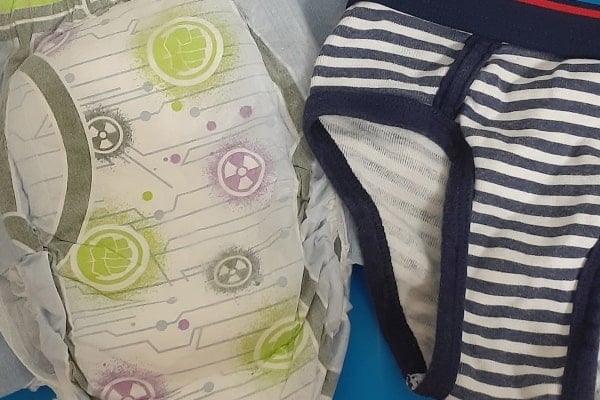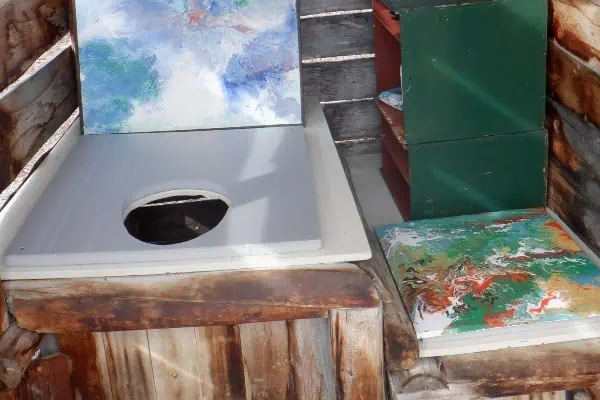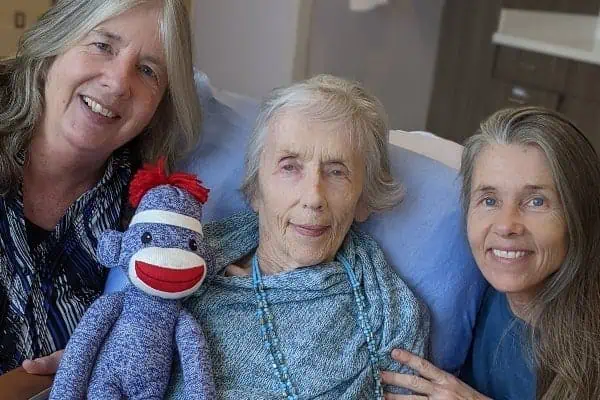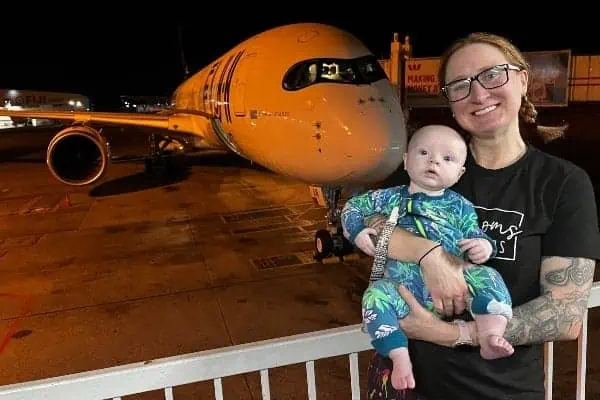
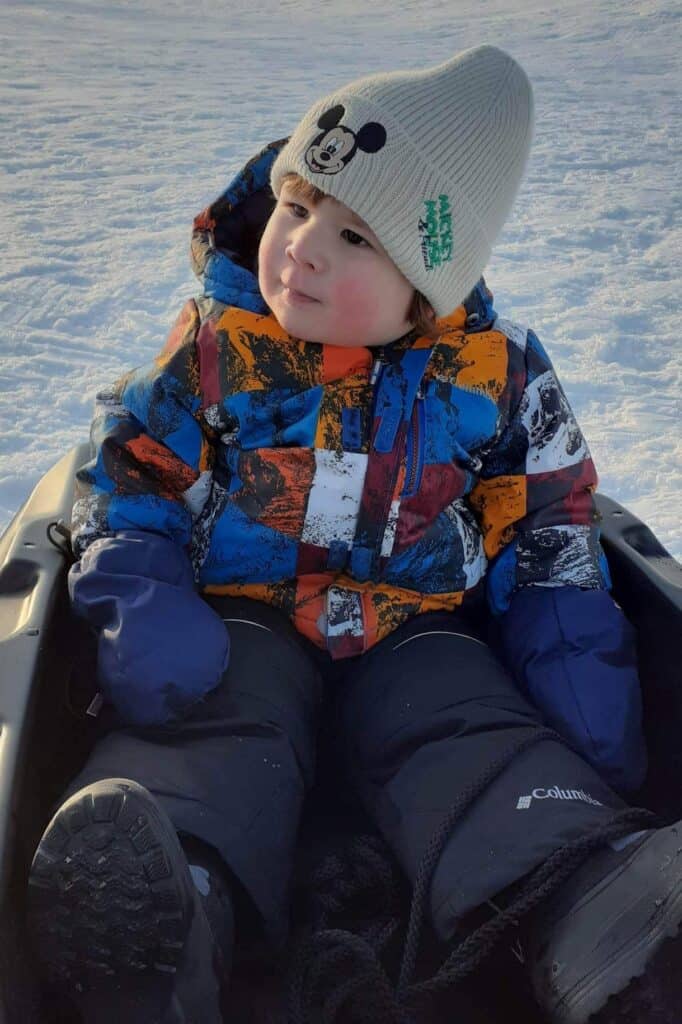
I have a question for all you parents out there: When does worrying about your child getting hurt become a self-fulfilling prophecy?
As we enter into a new year, we often think about the things that we wish we could be doing better. For some, it is spending less time in front of a screen and spending more quality time with loved ones, while others vow to finally get to the gym or to start that project they’ve been putting off for months. Since becoming a mom, my resolutions have become more focussed on the things I could be improving on when it comes to my parenting style—or rather, how to avoid repeating a past mistake.
For example, my New Year’s resolution for 2023 is to not be the reason my toddler does a 360 flip out of his sled and lands face first into the snow. Again.
That seems like a reasonable commitment, right? Especially since seeing my baby boy do a snowy nose dive had been the thing that I was trying to avoid in the first place.
The desire to protect our young is something that every parent, regardless of species, has ingrained into our DNA. And from the moment we leave the hospital with that teeny tiny bundle of preciousness, we know that we are now entirely responsible for keeping that child safe. So what do we do? We baby-proof our homes, install safety equipment in our cars, teach road and stranger safety and try to instill a sense of caution into our kids so that we can assure ourselves that they will be okay.
However, as I mentioned earlier in my question to all my fellow parental figures, when does protecting our kids and worrying about every little thing that can hurt them become something that causes the harm we were trying to shield them from?
Now, shielding them is not a bad thing. Of course we want them to be careful and not put themselves in danger. But, at the same time, we also want to encourage them to be independent and not afraid of the world around them.
Someone once told me that the best piece of parenting advice they could provide was to not interfere when your child is doing something risky, safely. It’s great advice. After all, it’s by falling down that we often learn the tough lessons in life. We learn how to get back up and what we can do to avoid similar crashes in the future.
Speaking of crashes …
It was a beautiful day outside and my husband and I decided to have a fun family outing by taking our toddler sledding at Shipyards Park. We always see families having a blast there, and given that the hill isn’t too steep, it is a perfect hill for our two-year-old to tackle.
So up the hill we pulled him. And as we each took a turn on the sled with him, he smiled and enjoyed himself. However, he wasn’t giving the excitable reaction that we both had been expecting. Now, I should mention, this child is a cannonball of energy—with no sense of fear in him at all. It’s a confidence that I both admire and fear at the same time. I love that he isn’t afraid to throw himself into every activity he comes across, but I often find myself cringing and hovering when he doesn’t seem to notice the things he might bump into or the heights he may fall from. Especially considering the fact that he never wants me to help him.
Yep, add stubborn independence to our child’s high level of confidence and it is no wonder that he did not want Mom and Dad going down the hill with him.
My husband, who is not the helicopter parent that I catch myself embodying in many scenarios, has been encouraging me to take a step back and let our son spread his wings a little more. To trust him more. And I want to follow his advice, so when he suggested letting Little Buddy try going down the hill on his own, I fought back the fear and agreed to let him try.
I stood at the bottom of the hill, with every part of my face and upper body clinched, worried that this would be a mistake. Every worst-case scenario playing out in my mind.
What if he goes down so fast that he tips? What if he lets go of the rope? What if he gets scared and tries to jump out halfway down the hill?
These questions fuelled my actions as my son got his push from Dad and started down the hill—his face erupting into the giant grin that had, up until this point, been diminished. Only, I didn’t see the grin. I only saw how fast he was going. And so, wanting to protect my offspring from getting hurt, I ran up the hill towards him to help slow him down.
Oh, I slowed him down alright.
In fact, my attempt to help “slow down” the sled brought the ride to an abrupt halt, causing my darling boy to fly out and me to fall face first into the spot he had vacated.
Talk about a parenting fail! And even though he was alright, he was rightfully angry with me for spoiling his fun. I felt terrible. Terrible, embarrassed and a little guilty. Not necessarily for worrying about him getting hurt, but for allowing my worry to become the obstacle that wound up hurting him.
Suffice to say, his next trip down the hill (which I was so relieved to see him not being afraid to do) was a solo one—without interference from Mom. And, if the video I have of him doing this is any indication, it was one of the most fun winter experiences he had had thus far.
This experience taught me a lot. It taught me that, while parents should never be afraid to trust their gut or to worry about their kids, we also have to learn to give our kids a little bit of trust too. By allowing them to learn about and understand their limits and capabilities, we are only going to build stronger and more-resilient adults. Adults who (maybe) we won’t have to be so worried about.
And so, I invite you all to trust your kiddos just a little bit more as we go into 2023. I know they’ll continue to surprise us, and as long as we don’t catapult them off-course, who knows what adventures this year will bring.

